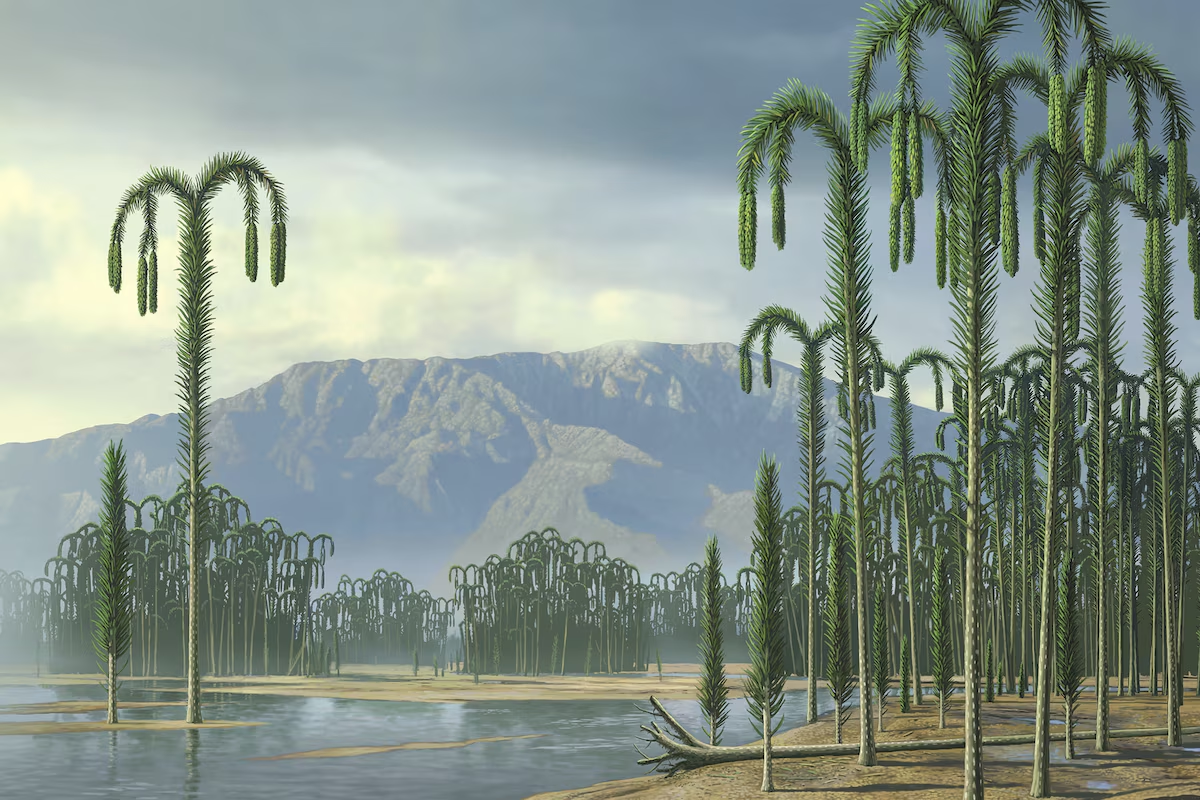In a surprising twist, scientists have confirmed that August 5, 2025, is set to go down as one of the shortest days ever recorded. The reason? Earth is spinning slightly faster than normal — and no one is entirely sure why.
A Curious Increase in Earth’s Rotation
The length of a day is determined by how long it takes the planet to complete one full rotation on its axis — typically 86,400 seconds, or exactly 24 hours. But precise atomic clocks and ultra-sensitive astronomical instruments have detected that Earth’s rotation is accelerating ever so slightly.
While the change is only a matter of milliseconds, this tiny shift is enough to make a measurable difference. On August 5, the planet completed its full rotation slightly faster than usual, making the day shorter than the standard 24-hour cycle by a few thousandths of a second.
What’s Causing the Acceleration?
Scientists are still investigating the exact cause of this mysterious speed-up. Several factors could be influencing Earth’s rotation:
- Glacial rebound: As polar ice melts and redistributes mass toward the oceans, the Earth’s crust may be subtly shifting, affecting the rotation rate.
- Core-mantle dynamics: Movement within Earth’s liquid outer core could be exerting changes on the planet’s spin, possibly transferring momentum that speeds things up.
- Seismic activity: Large-scale earthquakes can shift mass and influence the planet’s angular momentum.
- Atmospheric and oceanic patterns: Changes in wind and ocean currents might also impact rotational velocity.
This isn’t the first time such anomalies have occurred, but the recent speed-up is notable for its strength and timing.
Implications for Timekeeping and Technology
While the difference isn’t noticeable to humans in daily life, it does have implications for precision timekeeping and satellite-based systems like GPS. Atomic clocks — which underpin global communications and navigation systems — may eventually require adjustments such as a “negative leap second” to keep time in sync with Earth’s actual rotation.
However, experts caution that no immediate correction is needed, and these events are part of Earth’s natural variability. What’s important is monitoring the trend and understanding its long-term implications.
A Reminder of Earth’s Dynamic Nature
This brief change in the length of our day is a fascinating reminder that Earth is not a static sphere—it’s a dynamic, living planet influenced by internal and external forces. As researchers continue to monitor these shifts, each anomaly helps refine our understanding of the planet we call home.













Leave a Reply